Why You Shouldn’t Reward Kids for Learning
Plato: Knowledge that is acquired under compulsion obtains no hold on the mind.
This past summer we chose not to participate in our library’s reading program. At one point, we were chatting with a librarian and she asked if the kids were doing the library’s summer reading program. She was shocked when I told her we weren’t participating this year. “May I ask why?” she wanted to know. I had a hard time articulating why exactly I didn’t want to have the kids join, but it was clear from her demeanor that she thought I was doing the kids a disservice. I replied that my kids love reading and I didn’t want them to equate reading with getting prizes. Beside, my son would only read one or two huge, thick books this summer and would feel frustrated not to have read the huge numbers that the girls would be reading. Nor did I want him selecting easy books just so he could fill up a prize sheet. The librarian actually said to me, “well, this is a competative world and your son should just get used to it.” I smiled politely and left it at that. But in all honesty, I was glad I had the studies on my side that show that reward systems don’t benefit long-term learning goals.
Studies have shown that the reward system doesn’t work. The best learning comes from intrinsic motivation. In one study, a series of nearly identical faces were flashed across the screen. Seventy-two nine year old boys were asked to tell the two faces apart. Some of the boys were paid when they got the right answer; the others were simply told whether they were right or not. The surprising findings? Those that were paid made many more mistakes. That study was in 1961 and since then lots of similar studies have been made. Some third graders were told they would get a toy for working on some “games” (actually IQ tests). Those who expected toys didn’t do nearly as well as those who didn’t expect anything. Among artists, creativity (as judged by their peers) actually dropped after signing a contract to sell their work upon completion. (See Kohn’s and Jensen’s books for more details.)
I had a friend who got paid for all the As she received on her report card. I remember mentioning this to my Mom (I was probably about 13 at the time) and my Mom said, “Liesl, you shouldn’t get paid for learning — that has to come from your heart. You’ll be learning your whole life long.” And yes, I’m the nerdy one who packed 20 books for our 10 day vacation!!
So why do students who are rewarded (with stickers, prizes, good grades) do more poorly in the long run? The use of rewards actually increases anxiety over the task at hand. The ability to do higher-order thinking or create more complex relationships is hindered when the brain is stressed (for whatever reason).
Also, the reward system sets up an implied certainty — either success or failure. Since the learner wants to reduce the certainty of failure he/she will often choose tasks which they know they will be successful (rather than striving towards more challenging work). Often a learner will do exactly what is necessary to get the reward (the A on the test, the money), but nothing more. Thus, rewards actually discourage risk taking and creative thinking. People are less likely to challenge themselves.
In Kohn’s book he cites this experiment: College students were asked to work on an interesting spatial-relations puzzle. Half were promised money; the other half were not. They completed the task and were rewarded (or not). Then the experimenter told them that it would be a few minutes before the next phase of the study would begin. The subject was left alone in a room to wait where he or she could continue playing with the puzzle, daydream, read a magazine or whatever. That actually *was* the second phase and the subjects were secretly watched to see how they spent their time. Those who had been paid to work the puzzle now spent less time working on the puzzle than those who hadn’t.
The more you want the reward (whatever that may be – the gold star, the chocolate bar, the money, the little prize), the more you may come to *dislike* whatever you have to do to get it.
What can you do instead of offering rewards?
- Provide a sense of control and choice.
- Keep learning engaging and support a sense of curiosity and fascination in the subject at hand.
- Allow for self-assessment
- Share success stories about others who have surmounted obstacles to succeed.
- Work together with children to create learning goals.
- Have positive rituals.
- Provide lots of opportunities for creativity.
- Allow for student control and empowerment in their learning.
- have good discussions – think and talk about the tasks at hand
- Try not to give praise (even if it’s a positive judgement, it’s still a judgement) instead increase your support, encouragement and affirmation (“you’re on the right track” or “give it your best effort”).
- Encourage the learner to take risks and tackle challenging tasks.
- Model problem solving (balance the checkbook in front of the kids, mentally add up the groceries as you walk through the store, calculate (aloud) how much you save in that 20% off sale)
- Be enthusiastic – the more excited you are about learning, the more motivated your kids will be.
- Explain why you love or are passionate about your job/hobby… finding new recipes, keeping up with a sports team, reading the latest best-seller. Explain how learning never ends!
- Model the love of learning (read and write in front of the kids and share your enthusiasm… “Hey, listen to this!” type moments)
- Instill positive belief in what they’re doing.
- Give learners more choices (Allow them to pick from a list of ten problems, issues or topics. Choose this or that topic.)
- Provide time for kids to talk about what’s important to them.
- Make sure you have an emotionally-safe environment where it’s okay to make mistakes, ask questions and offer contributions.
Remember as educators, parents, and important people in our children’s lives we strive not to control, coerce, manage, or manipulate we want our kids to feel a sense of value in their work, feel excited, curious and compelled to know more.
“Reward and punishment is the lowest form of education.” — Chuang Tzu
———————–
If you’d like to explore this topic more, the two books I highly recommend are Punished by Rewards: The Trouble with Gold Stars, Incentive Plans, As, Praise and other Bribes by Alfie Kohn and Brain-Based Learning: the New Science of Teaching and Training by Eric Jensen.
More terrific quotes about education (like the Plato quote above).




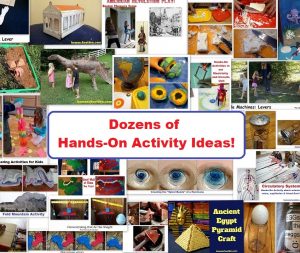




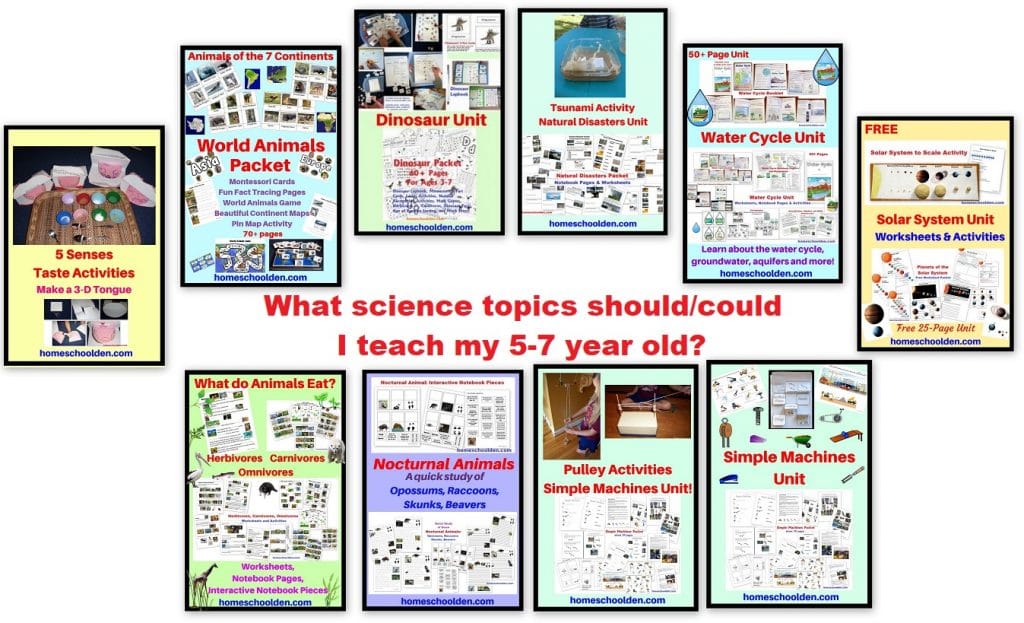






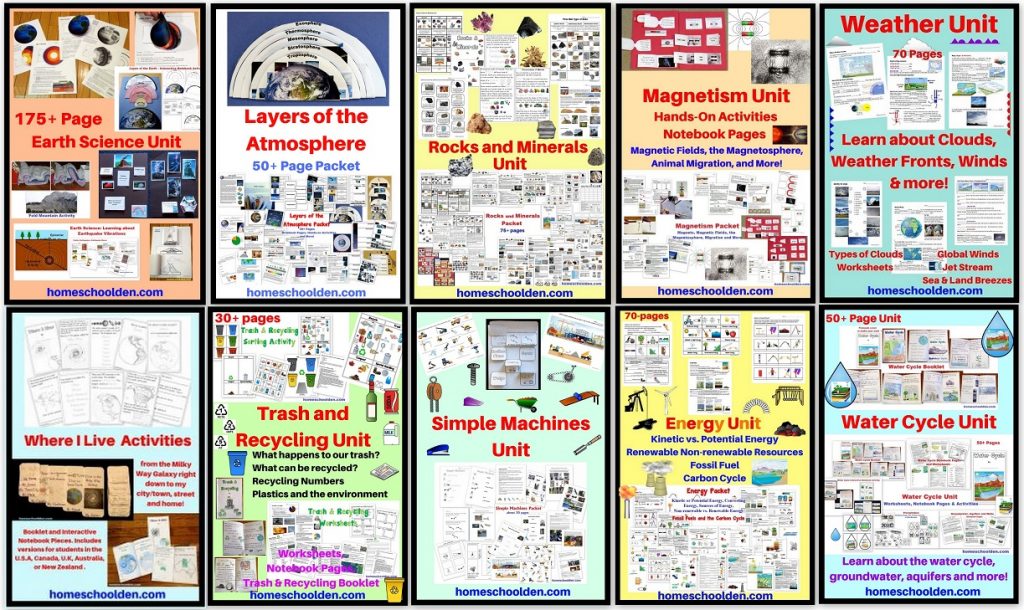


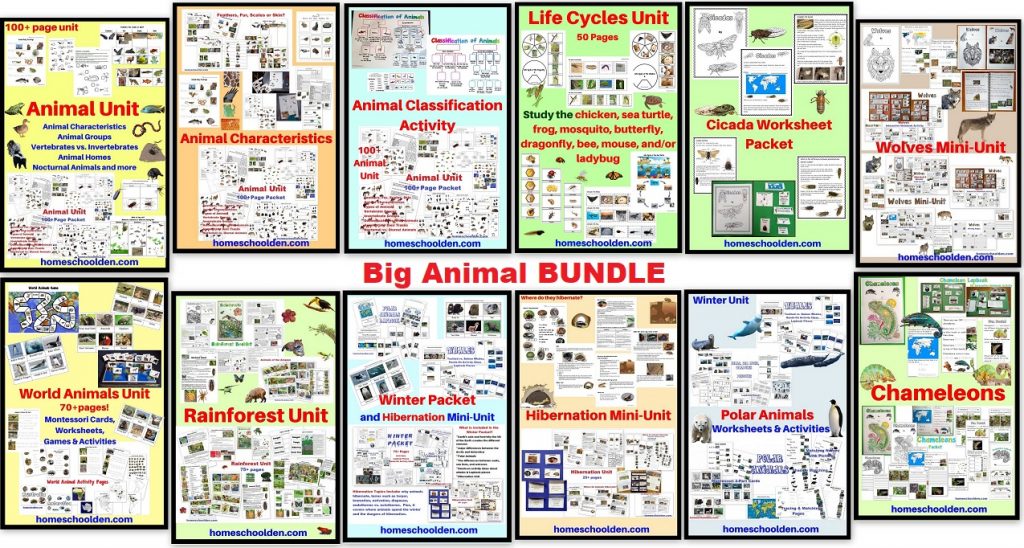


















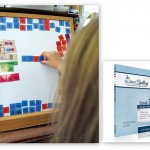

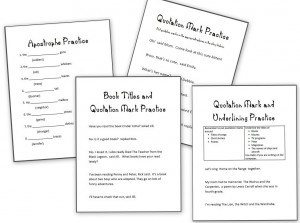









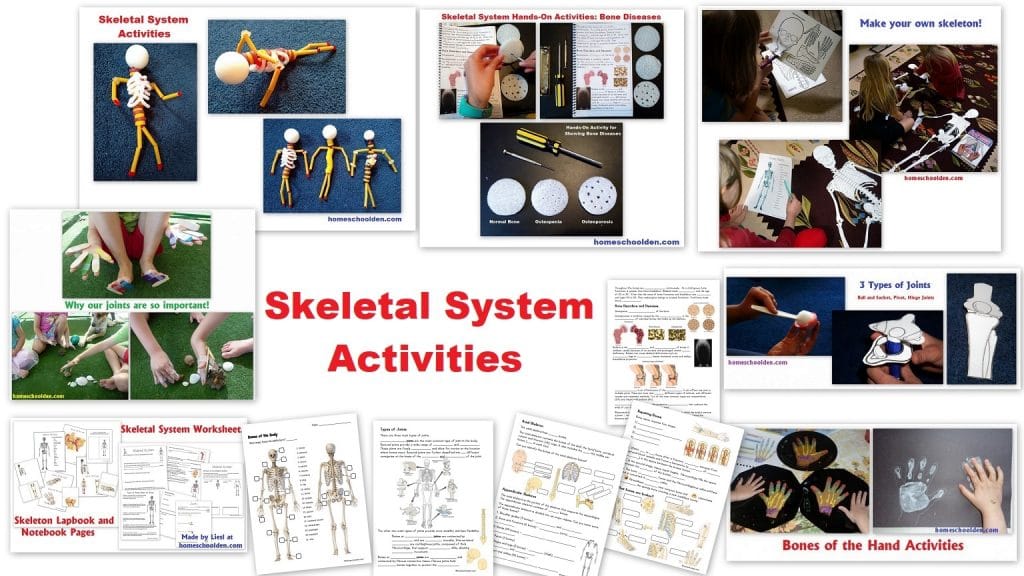




This is very true. Learning should be from the heart. Do you mind if I link this article from my site?
Yes, feel free to link to this!
But I have to mention that in regards to teaching my daughter who has autism – initial reward system do great wonders to get her motivated and increase her confidence. : )
But I have to mention that in regards to teaching my daughter who has autism – initial reward system do great wonders to get her motivated and increase her confidence. : )
I enjoy reading your site. 🙂 I agree that those incentive programs can steal the magic of doing something for it’s own sake. At our house, I give happy face stickers for attitude while doing the work – not the work completed. If you don’t want to do it, you need to be reasonable and talk about it instead of stomping off, slamming doors, or yelling about it. 🙂 It has improved my sanity during the day because they are more pleasant about what should come next.
I enjoy reading your site. 🙂 I agree that those incentive programs can steal the magic of doing something for it’s own sake. At our house, I give happy face stickers for attitude while doing the work – not the work completed. If you don’t want to do it, you need to be reasonable and talk about it instead of stomping off, slamming doors, or yelling about it. 🙂 It has improved my sanity during the day because they are more pleasant about what should come next.